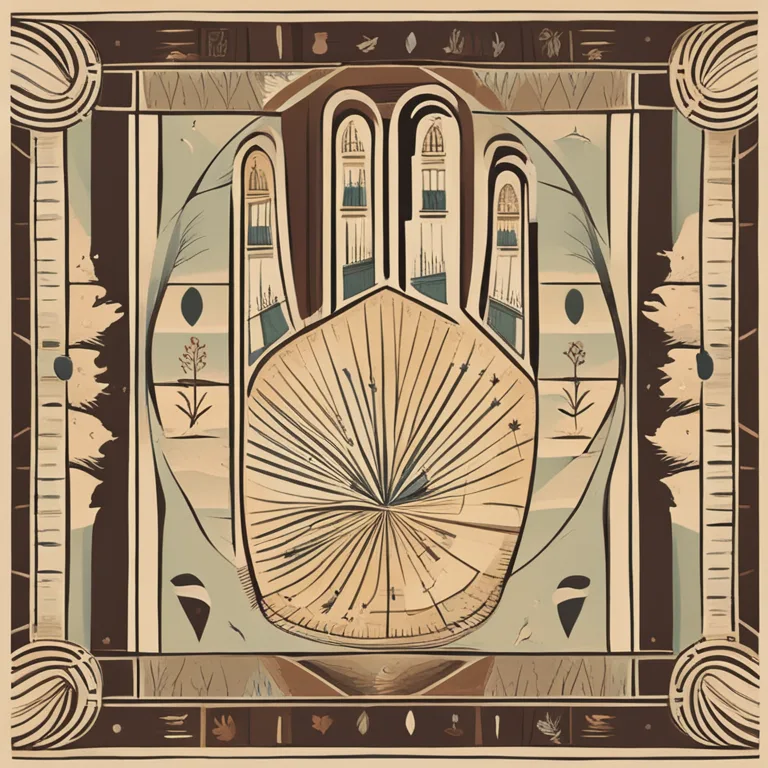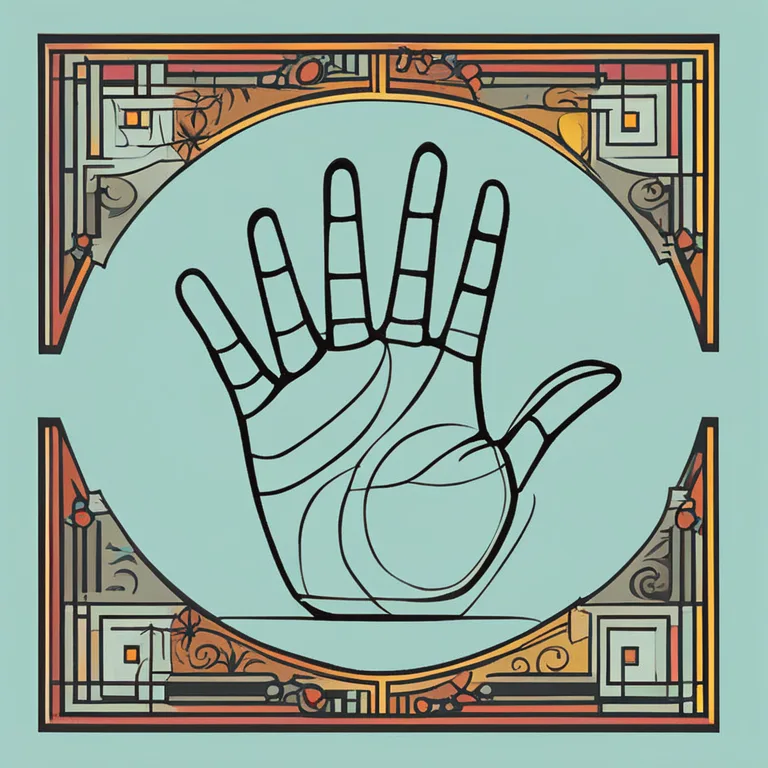
The Dynamics of Palm Lines Over Time
Delve into the transformative aspects of palmistry as we discuss when and how palm lines are subject to change throughout a lifetime.
article by Nora Pennington
Prelude to Palmistry
Tracing the lines on one's palm is akin to mapping the highways of destiny. Palmistry has intrigued humanity for centuries, serving as a tool for divination and self-insight. Although the art of reading palms is ancient, its appeal remains timeless, evolving with our ever-expanding understanding of the human psyche and physiology. In contemporary palmistry, practitioners continue to observe and analyze the myriad ways in which our palm lines can change over the span of our lives.

Understanding Line Transformations
The core question that beckons curiosity is: Do palm lines truly change? The answer lies in the malleable nature of our skin and the various factors that influence it. Palm lines, while somewhat genetically dictated, are not static. They are influenced by our health, environment, decisions, and even psychological changes. In the realm of modern palmistry, it's accepted that significant life events or shifts in our emotional landscape can have a tangible representation on our palms.

Life's Phases and Palmistry
The timeline for palm line changes can vary remarkably from person to person. For some, these changes may manifest rapidly, influenced by life-altering events or substantial emotional upheaval. For others, the evolution can be gradual and subtle, emerging over the course of decades. Lines deepen, fade, or may even appear anew, corresponding with the ebb and flow of life's challenges and triumphs. It's these very changes that make palmistry a continuously relevant and personal practice.

Scientific Angle on Changes
From a scientific viewpoint, palm lines are nothing more than creases on the epidermis, dictated by the flexion areas of our hands. As we age, skin loses elasticity, and continuous hand use can deepen these lines over time. Furthermore, health conditions that affect connective tissue, such as rheumatoid arthritis, can also have a noticeable impact on palmistry lines. Here modern practices intersect with traditional beliefs, grounding palmistry in a fusion of mysticism and empirical evidence.
Decoding the Changes
The interpretation of changing palm lines is a nuanced art. A new line may indicate a new journey or a fresh start, while a fading line might suggest the waning of an issue that once took center stage. The challenge for contemporary palmists is to integrate classic palmistry knowledge with modern-day understandings of human development to provide insightful readings that resonate with their clients personally and temporally.
Embracing the Shifts
For those seeking wisdom from the lines in their hands, these changes can be embraced as affirmations of personal evolution. Through attention and insight, palmistry aids individuals in navigating their unique path in life. Changes can be a sign to pause and reflect on recent life experiences, re-evaluate one’s choices, and possibly, make informed decisions about the future.
Palmistry in the Modern World
As we look beyond 2024, palmistry's confluence with technology may offer new ways to track and interpret the changes in our palm lines. The potential to digitize and analyze handprints over time could lead to a more personalized approach to palm reading, and perhaps, a deeper understanding of the relationship between our life experiences and the ever-changing landscape of our palms.
Published: 1/5/2024
Modified: 1/5/2024
More predictions
Come back here soon to learn more about yourself and your future


The Dynamic Nature of Palm Lines
Discover the fascinating reasons behind the changing patterns of your palm lines and how they reflect the story of your life.


The Changeable Nature of Palm Lines
Discover the factors influencing the ever-changing landscape of palm lines and what these modifications could signify in palmistry.


The Dynamic Nature of Palm Lines Explored
Discover why palm lines can change over time, delving into the science behind these shifts and what they might signify in the realm of palmistry.